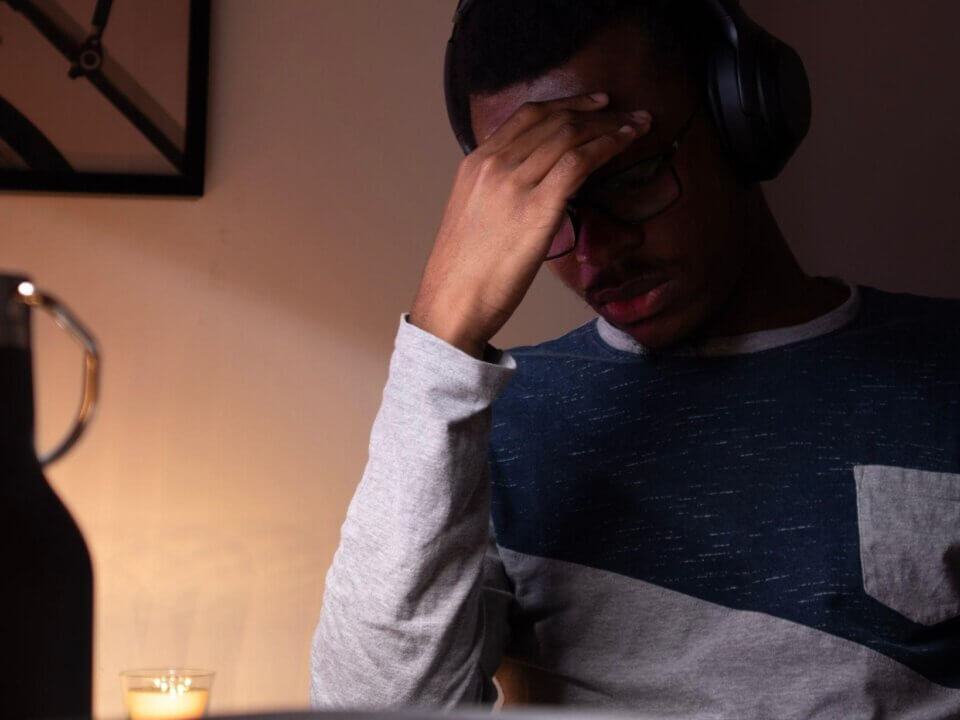
Tips for Making the Transition to At-Home School Easier During COVID-19.
March 30, 2020
The Birds and the Bees
May 22, 2020Co-Parenting During COVID-19
For parents who are separated or divorced, navigating child custody and visitation can be challenging even in the best circumstances. In times of stress such as the COVID-19 pandemic, everything can suddenly become more complicated. There can be disagreements about what stay-at-home directives mean or how much social distancing is necessary to stay safe. More people are losing their jobs, creating concern about whether child-support payments will continue as usual. Despite the current uncertainty, parenting experts agree that there are ways to reduce stress and disruption for parents and children.
Believe accurate health and safety information coming from trusted medical/scientific sources
The CDC has issued health and safety protocols meant to inform people about how COVID-19 spreads and ways to prevent infection. The single best way to protect your family and children is to follow the recommendations of health experts in your home. It's vital that parents take these recommendations seriously and not dismiss or minimize the seriousness of the virus. This way you help ensure your own, your children's, and others' safety while also reducing the potential for parental conflict.
Establish a "home plan" while being flexible about what happens in your child's "other home"
Recommendations for social distancing and "shelter-in-place" can mean different things to different people. Agree on specifics for things like play dates, visits with extended family, eating out, etc. until the restrictions are lifted. Children can understand changes to their routines when explained in age-appropriate ways.
Keep in mind that rules for your family may not be the same as those for their other family. Even though there may be discrepancies, that doesn't mean that the other home isn't safe. It's important to help children accept that safety measures may differ depending on the circumstances in each home. Try to avoid implying that one home is "safer" than the other and share information regarding the need for different rules whenever possible.
Stick to your parenting plan as much as possible
Despite the rapid changes affecting our communities, most parents are on their own to work out their differences without the help of attorneys and judges. Court orders regarding existing custody agreements will remain in effect even when schools are closed. Even states under a "stay-at-home" order allow for travel in order to exchange children between parents. If children are going to be spending more or most of the time with one parent, there should be makeup time arranged with the other parent once the quarantine is ended. Any reduction in the amount of time a parent spends with their children should be communicated to everyone, including details for how long the change will last and ways for the children to keep in touch with that parent (such as calls, video, texting, etc.). Maximum flexibility should be the norm for when children may contact either parent.
Maintain a positive co-parenting relationship
With people living in close quarters and emotions running high, parental patience may be in short supply. In addition, it's common for parents unused to cooperating with each other to fall into old relationship dynamics which may increase anxiety for children when they are already working through complicated emotions. It is important to remember that the family courts will reopen in the future and there will be some degree of accountability of parents for things that happen during the pandemic. Your children's needs for security, stability, and bonding time with each parent should be the priority while working out details during the quarantine.
No matter where they live, make sure to regularly check in with your kids about what they're hearing and feeling. Validate their feelings without judgement and encourage them to use positive coping skills as a way of building resiliency. Seek consultation with a therapist if you need help maintaining emotional stability for yourself or your children – help is readily available via teletherapy.
This situation is temporary
The COVID-19 pandemic has brought extraordinary changes to every part of the country. Despite the missed milestones and distance from loved ones, these restrictions will eventually end and things will start returning to normal. All parents – custodial and non – are being given a chance to model healthy coping skills, patience, and resourcefulness for your children. Remember to take care of yourself, prioritize safety, and set an example for responding with calm and flexibility.
Dr. Catherine Buksar, Psy.D
Licensed Clinical Psychologist
Clarity Clinic NWI




